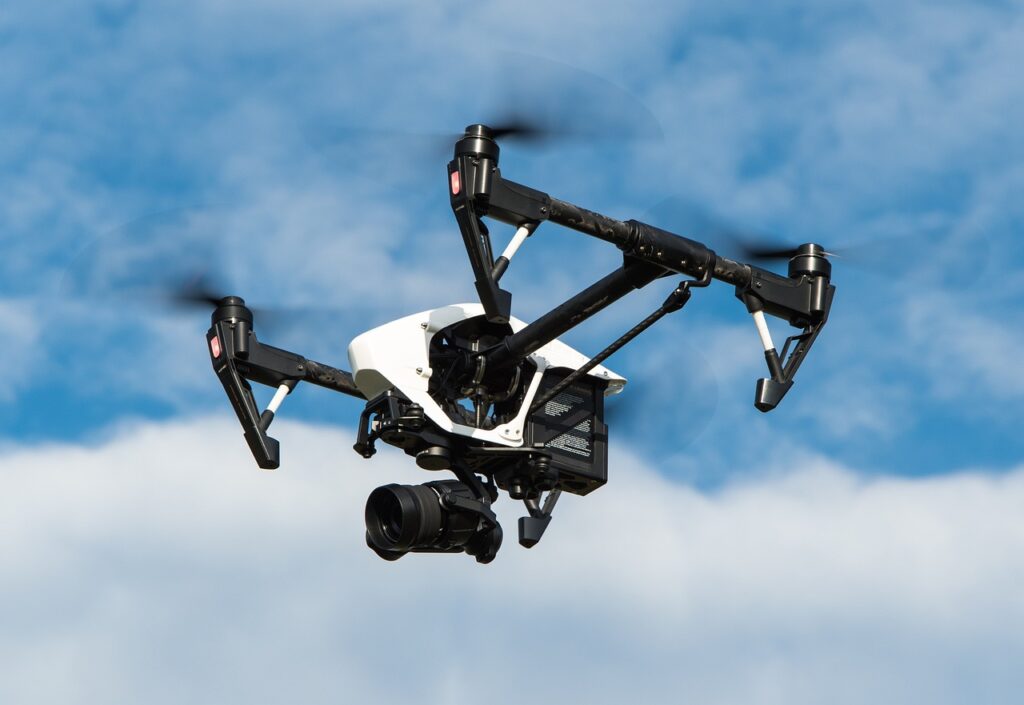Introduction to Drones as a Service (DaaS)
In recent years, the rise of drone technology has led to the emergence of an innovative business model: Drones as a Service (DaaS). This model allows companies to utilize drone capabilities without investing in their own fleets. By outsourcing drone operations, businesses can access high-quality aerial data, reduce operational costs, and concentrate on their core functions. Let’s explore how DaaS reshapes various industries.

The Growing Demand for Drone Solutions
As industries strive for efficiency and cost-effectiveness, the demand for drone services continues to soar. Industry reports project the global drone services market will reach billions in the coming years. From agriculture to construction and logistics, companies recognize the value of integrating drones into their operations.
Key Applications of Drones as a Service
- Agriculture: Precision Farming
- Drones equipped with multispectral cameras deliver real-time insights into crop health, soil conditions, and irrigation needs. DaaS providers offer aerial imaging and analysis, enabling farmers to optimize yields and reduce waste.
- Construction: Site Monitoring and Inspections
- Drones monitor construction sites efficiently, track progress, and conduct safety inspections. With aerial imagery and 3D modeling, DaaS helps construction firms improve project management and minimize delays.
- Logistics: Delivery and Inventory Management
- Drones revolutionize logistics by enabling faster and more efficient deliveries. Companies can utilize DaaS for inventory management in large warehouses, scanning and tracking products quickly.
- Emergency Services: Disaster Response
- During crises, drones provide critical aerial views for emergency response teams. DaaS allows organizations to access drones for search and rescue missions, damage assessments, and more.
- Environmental Monitoring: Conservation Efforts
- Drones monitor wildlife, track changes in ecosystems, and assess environmental damage. DaaS enables environmental organizations to gather essential data without extensive ground surveys.
Benefits of Adopting Drones as a Service
- Cost Efficiency: DaaS reduces the need for significant capital investments in equipment and training.
- Access to Expertise: Companies can tap into specialized knowledge and advanced technology offered by DaaS providers.
- Scalability: Businesses can scale drone operations up or down based on project needs without the burden of ownership.
- Data-Driven Insights: Access to accurate, real-time data enhances decision-making across various applications.https://droneflyingpro.com/what-is-drone-as-a-service/
Challenges and Considerations
While DaaS offers numerous advantages, some challenges remain: https://afconesinfra.in/
- Regulatory Compliance: Companies must navigate complex regulations governing drone operations.
- Data Security: Ensuring the security of data collected by drones is critical, especially in sensitive industries.
- Weather Dependency: Adverse weather conditions can affect drone operations and impact timelines.
Conclusion: The Future of Drones as a Service
As technology advances and regulatory frameworks evolve, the DaaS model is poised for further expansion. Increased investments in drone technology and infrastructure will empower businesses across sectors to integrate aerial data into their operational strategies.https://afconesinfra.in/about/
Incorporating Drones as a Service goes beyond embracing innovation; it positions companies to thrive in a competitive landscape. As industries continue to adapt, DaaS will undoubtedly play a pivotal role in shaping the future of work.

